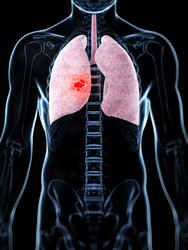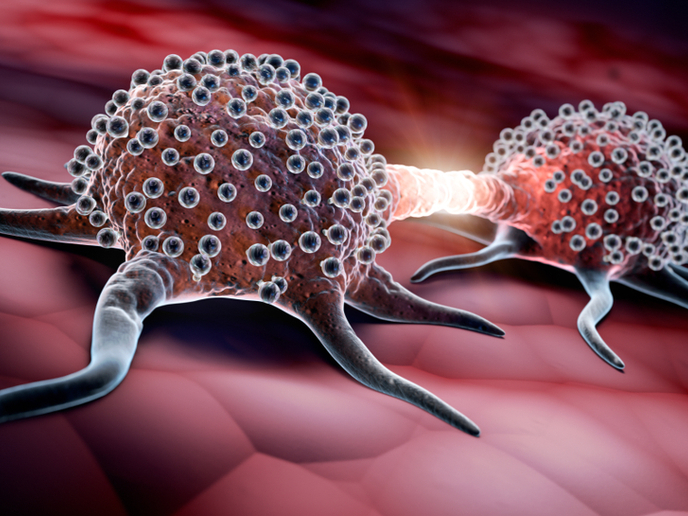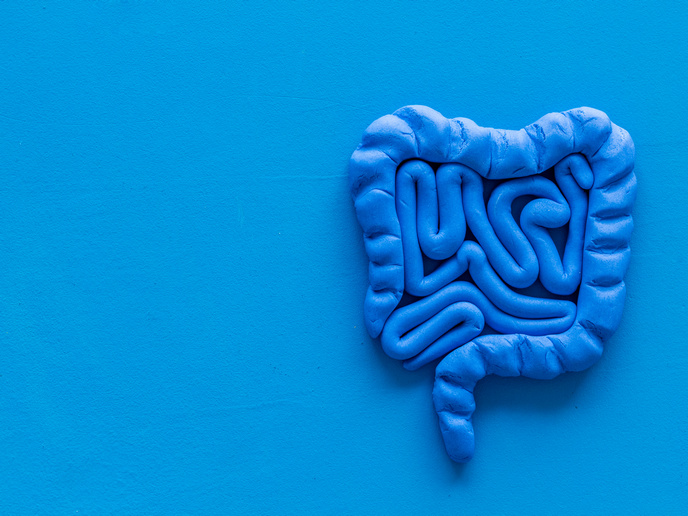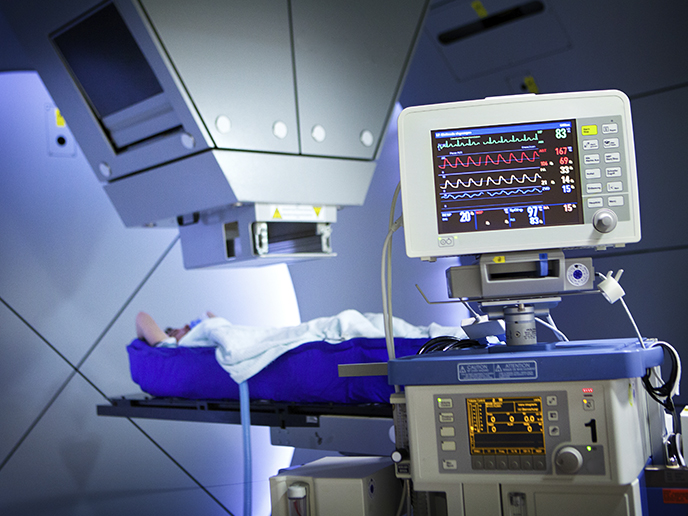First natural product against mesothelioma
Widespread use of asbestos during the 20th century and long latency period has resulted in a great number of MPM cases with a peak not expected until 2015-2020. At present, there are around 2 450 deaths in the UK per annum from mesothelioma and 10 000 in the USA. There is no known cure for MPM, and traditional chemotherapeutic cancer treatments have had little impact on the disease and life expectancy. JBIR-23, a natural product isolated from the bacterium Streptomyces exhibits activity against human MPM. The aim of the EU-funded (JBIR-23) project was to investigate the synthesis and anti-mesothelioma activity of JBIR-23 and to prepare further analogues for structure/activity studies. The project team has successfully isolated JBIR-23 and an analogue, JBIR-24 from the same Streptomyces species. They both showed strong activity against two main MPM cell lines that were resistant to all clinical anticancer agents. The synthesis of analogues of JBIR-23 was performed by cutting JBIR-23 into two independent portions. This approach made possible to test all the intermediates and determine the minimal pharmacophore required for activity against the MPM cell lines. The synthesis used analogues of the tricyclic part of JBIR-23 to produce more 'drug-like' compounds. Every analogue as well as the intermediates was biologically tested. Poor or no activity was observed in the side chain analogues, but interesting activity was found in some substituted quinones, which was enhanced in the case of their correspondent epoxyquinones. This finding supported teh theory that the epoxy group is important in JBIR-23 activity. The achievements of the project have opened up a new field of study in contrast to the very limited laboratory-based MPM research taking place in the world. There is now the potential to set a firm foundation for future research to find a cure for MPM.
Keywords
Mesothelioma, Streptomyces, JBIR-23, natural product







